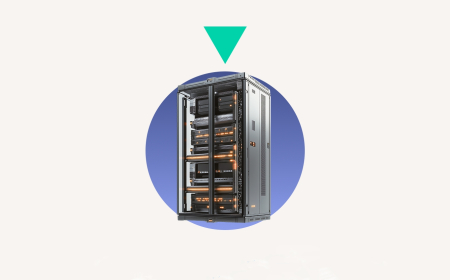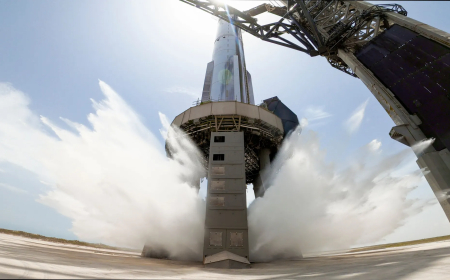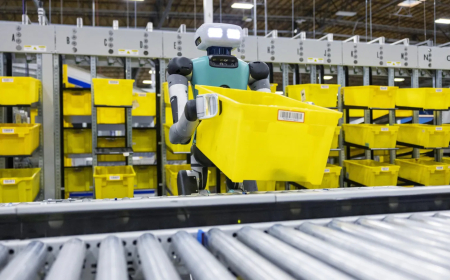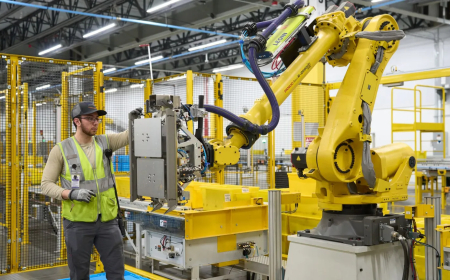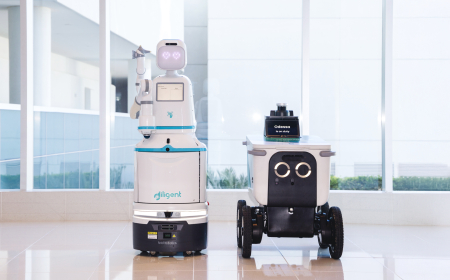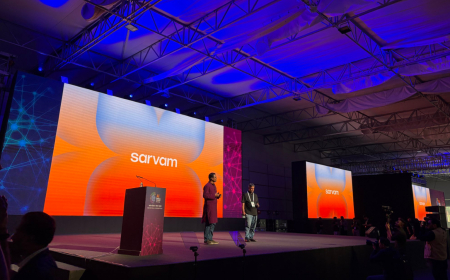Luminal raises $5.3 million to build a better GPU code framework
Luminal secures $5.3M to develop a next-gen GPU code framework that boosts performance through compiler optimisation and smarter compute efficiency.

Three years ago, Luminal co-founder Joe Fioti was working on chip design at Intel when he had a realisation. While he was focused on building the best possible chips, the real bottleneck wasn’t the hardware at all — it was the software that developers rely on.
“You can make the best hardware on earth, but if it’s hard for developers to use, they’re just not going to use it,” he told me.
That insight led him to launch Luminal, a company dedicated to solving that exact problem. On Monday, Luminal announced that it has raised $5.3 million in seed funding, a round led by Felicis Ventures, with angel investments from Paul Graham, Guillermo Rauch, and Ben Porterfield. Luminal was also part of Y Combinator’s Summer 2025 batch.
Fioti is joined by co-founders Jake Stevens and Matthew Gunton, who previously worked at Apple and Amazon, respectively.
Luminal’s core business is straightforward: the company sells compute, similar to modern “neo-cloud” providers such as Coreweave or Lambda Labs. However, unlike those companies, which prioritise GPU hardware, Luminal focuses on software-level optimisations designed to extract maximum performance from the infrastructure it already has.
A significant part of this work focuses on improving the compiler, the critical system that translates written code into a format that GPUs execute. These are the same developer tools that Fioti repeatedly struggled with during his engineering career.
Today, the dominant compiler in the industry is Nvidia’s CUDA system, an underappreciated factor behind Nvidia’s massive lead in AI computing. However, with many parts of CUDA being open-source, and companies across the industry still competing for GPU resources, Luminal believes there is a significant opportunity in developing the rest of the GPU software stack.
The company is part of a fast-growing wave of inference-optimisation startups, which have become increasingly valuable as organisations look for faster and cheaper ways to run AI models. Providers like Baseten and Together AI have been optimising inference for years, and newer entrants such as Tensormesh and Clarifai are emerging with specialised approaches.
Still, Luminal and its peers will face intense competition from in-house optimisation teams at major AI labs, which benefit from tuning for a single model family. Luminal, working with external clients, will need to adapt to whatever model each customer brings.
Despite that challenge, Fioti remains confident.
“It is always going to be possible to spend six months hand tuning a model architecture on a given hardware, and you’re probably going to beat any sort of compiler performance,” he said. “But our big bet is that anything short of that — the all-purpose use case — is still very economically valuable.”
What's Your Reaction?
 Like
0
Like
0
 Dislike
0
Dislike
0
 Love
0
Love
0
 Funny
0
Funny
0
 Angry
0
Angry
0
 Sad
0
Sad
0
 Wow
0
Wow
0











